The United Arab Emirates (UAE) has long been a global leader in innovation and sustainability, with the government setting ambitious goals for environmental preservation and waste management. Among the most significant steps in this direction is the UAE’s growing focus on zero-waste initiatives, aiming to reduce waste to landfill and promote recycling, reuse, and sustainability. But the question remains: can we truly achieve a sustainable, zero-waste future in the UAE? Let’s explore the challenges, opportunities, and the role businesses and citizens can play in shaping a greener future for the country.
What is Zero Waste?
Zero waste is a philosophy that emphasizes the creation of a circular economy where products, materials, and resources are reused, recycled, or composted rather than discarded. The primary goal of zero-waste initiatives is to minimize the amount of waste sent to landfills, ultimately eliminating waste.
UAE’s Progress Toward Zero Waste
The UAE has made significant strides in implementing zero-waste strategies, with several government-backed initiatives:
- UAE Vision 2021: The UAE Vision 2021 emphasizes the importance of sustainable development, including waste reduction. One of its goals is to reduce the amount of waste sent to landfills and increase recycling rates.
- Dubai’s Waste Management Strategy: Dubai has committed to diverting 75% of its waste away from landfills by 2021. This initiative aims to promote recycling, composting, and energy recovery.
- Abu Dhabi’s Circular Economy: Abu Dhabi has launched several projects focused on circular economy principles, including recycling programs, waste-to-energy initiatives, and the use of sustainable materials.
- National Waste-to-Energy Program: The UAE is also exploring waste-to-energy technology to convert waste into usable energy, reducing landfill waste while creating energy for local communities.
Key Challenges Facing Zero Waste in the UAE
Despite the positive steps toward sustainability, several challenges must be addressed to achieve a truly zero-waste future in the UAE:
- Cultural Shift: One of the most significant hurdles is changing consumer behavior. Many residents are still accustomed to the convenience of single-use plastics and disposable products.
- Waste Management Infrastructure: While Dubai and Abu Dhabi have advanced waste management systems, other emirates may still face challenges in waste collection, segregation, and recycling facilities.
- Lack of Awareness: Education and awareness campaigns are crucial to teaching the public about the importance of reducing waste and how to implement sustainable practices in daily life.
- Economic Considerations: Transitioning to a zero-waste system may require substantial upfront investment in infrastructure, technology, and programs. There is also a need for businesses to adapt to new ways of operating, which could lead to additional costs.
Opportunities to Achieve a Sustainable Future
The UAE has several opportunities to build on its existing waste management initiatives and continue the momentum toward zero waste:
- Innovative Technology: Embracing waste-to-energy solutions, smart recycling systems, and innovations in packaging could significantly reduce waste sent to landfills.
- Corporate Responsibility: Businesses in the UAE have a pivotal role in promoting sustainability. By adopting zero-waste practices and encouraging their customers to do the same, companies can lead by example.
- Public Participation: Citizens and residents can actively participate in waste reduction initiatives by embracing recycling, composting, and reducing their overall consumption of single-use products.
- Sustainable Construction: The UAE’s booming construction sector offers a chance to implement sustainable building practices, reduce construction waste, and promote the use of eco-friendly materials.
The Role of Waste Management Services
Waste management companies like The Quick Pickup are playing an essential role in supporting the UAE’s zero-waste goals. By offering services such as recycling, bulk waste removal, and eco-friendly disposal, these companies contribute to reducing landfill waste and helping residents and businesses embrace sustainable practices.
🔍 Frequently Asked Questions (FAQs)
1. What is the UAE doing to reduce waste?
The UAE has launched several initiatives, including the Dubai Waste Management Strategy, Abu Dhabi’s circular economy program, and the National Waste-to-Energy program, all aimed at reducing landfill waste and promoting recycling.
2. How can individuals contribute to zero waste in the UAE?
Individuals can reduce their waste by recycling, composting, avoiding single-use plastics, and purchasing products with minimal packaging. Supporting sustainable businesses is also key.
3. What are the biggest challenges in achieving zero waste?
The main challenges include changing consumer behavior, enhancing waste management infrastructure, raising awareness, and securing the necessary investment for sustainable solutions.
4. How are businesses contributing to zero waste in the UAE?
Many businesses in the UAE are embracing sustainability by adopting zero waste practices, reducing packaging, encouraging recycling, and using eco-friendly materials in their products.
5. What are waste-to-energy solutions?
Waste-to-energy solutions involve converting waste materials into usable energy, such as electricity or heat, which helps reduce the amount of waste sent to landfills while creating valuable resources.

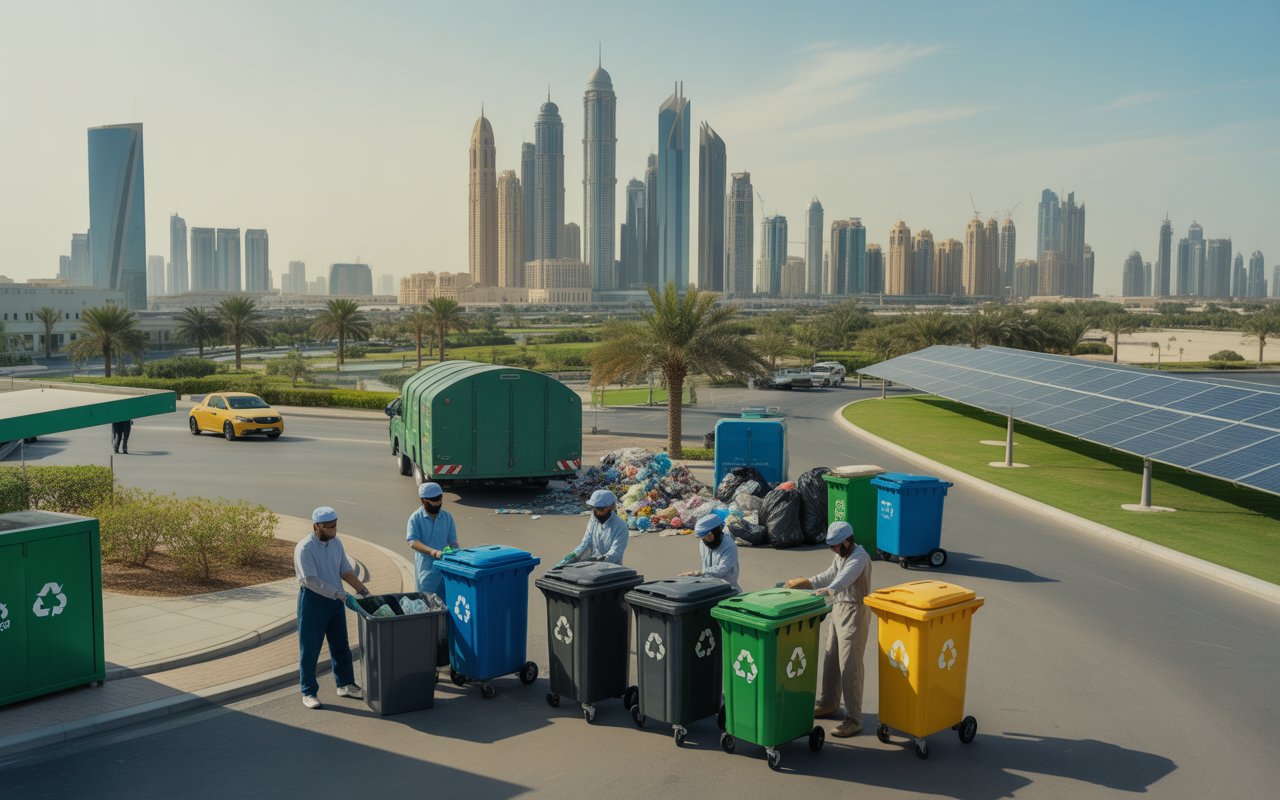
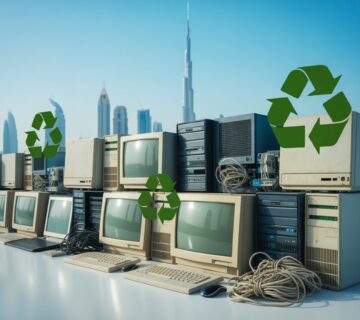
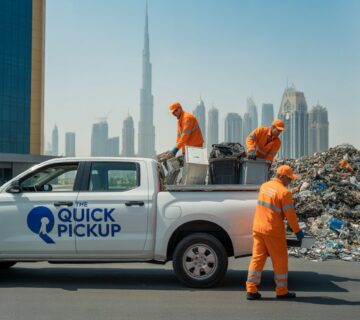
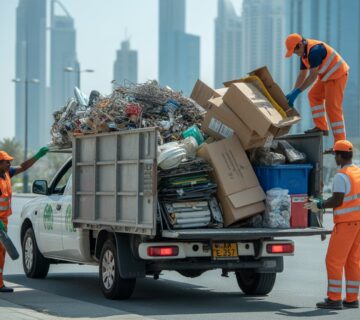
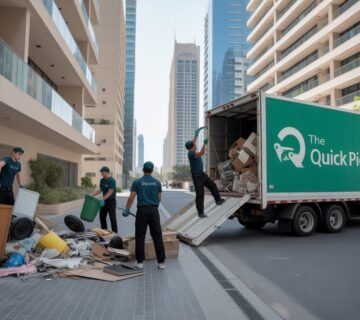
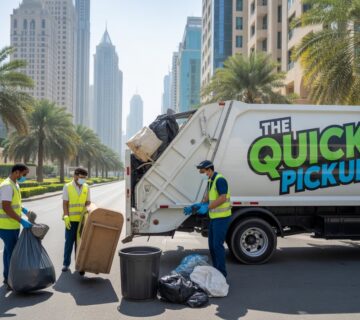
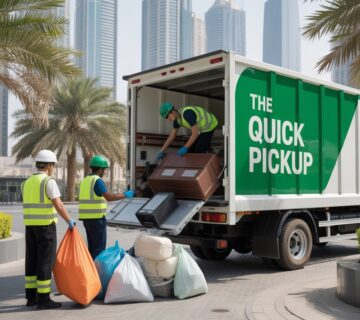
No comment